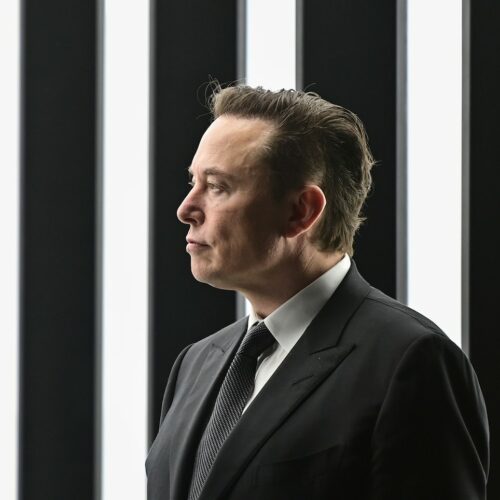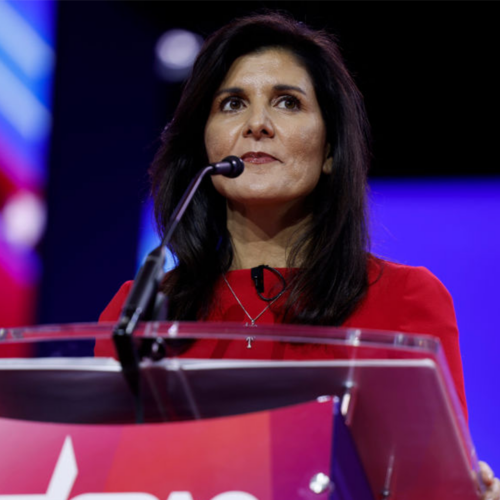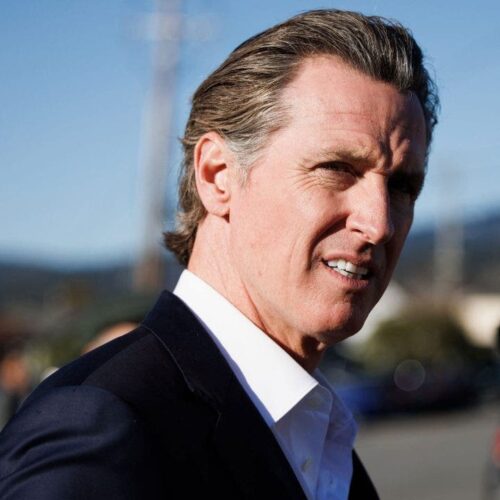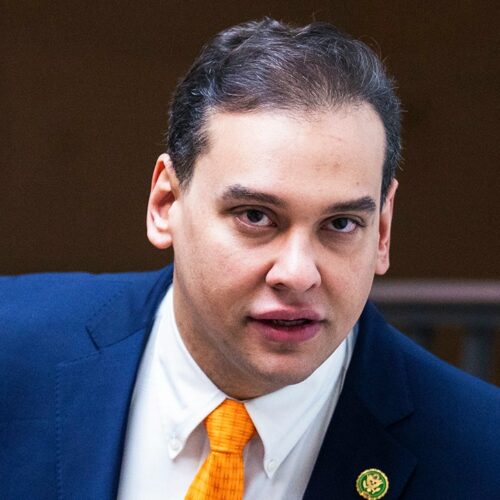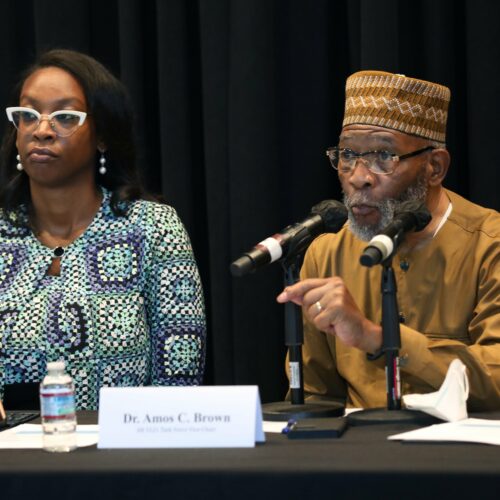Twitter on Monday night abruptly dissolved its Trust and Safety Council in the latest sign that Elon Musk is unraveling years of work and institutions created to make the social network safer and more civil.
The email word of dissolution arrived less than an hour before members of the council were expecting to meet with Twitter executives via Zoom to discuss recent developments, according to people familiar with the matter who spoke on the condition of anonymity to discuss the plans.
Dozens of civil rights leaders, academics and advocates from around the world had volunteered their time for years to help improve safety on the platform.
“We are grateful for your engagement, advice and collaboration in recent years and wish you every success in the future,” which was simply signed Twitter.
In less than two months, Musk has already undone years of investments in trust and safety at Twitter — dismissing key parts of the workforce and bringing back accounts that previously had been suspended.
The Trust and Safety Council unraveled after Musk himself had pitched the creation of a content moderation council that would have weighed in on key content moderation decisions, but later appeared to change his mind about introducing such a body.
And in the process, he has exposed some of the company’s current and former employees to online harassment.
Yoel Roth, Twitter’s former head of trust and safety, and his family were forced from their home after Elon Musk’s tweets misrepresented Roth’s academic writing about sexual activity and children. The online mob also sent threats to people Roth had replied to on Twitter, forcing some of Roth’s family and friends to delete their Twitter accounts, according to a person familiar with Roth’s situation who spoke on the condition of anonymity due to concerns about Roth’s safety.
Musk’s followers also directed harassment at professors who reviewed the dissertation that Roth wrote in 2016, as well as at his graduate school, the University of Pennsylvania, the person said. The university did not respond to a request for comment.
As head of trust and safety at Twitter, Roth was involved in many of the platform’s decisions about what posts to remove and what accounts to suspend. His communications with other Twitter officials have been posted in recent days as part of what Musk calls the Twitter Files, a series of tweets by conservative journalists Matt Taibbi and Bari Weiss.
Musk’s tweets to his tens of millions of followers have for years prompted his supporters to deluge the targets of his ire with online threats — famously, a participant in the rescue of a boys soccer team trapped in a cave in Thailand, whom Musk branded “pedo guy.” But now that Musk owns one of the most powerful social networks in the world and has gutted the company division that previously policed online harassment, the stakes are even higher.
Musk tweets about Roth recalled the QAnon conspiracy movement, which claims incorrectly that Democratic Party leaders direct a child sex abuse network.
“Looks like Yoel is arguing in favor of children being able to access adult Internet services in his PhD thesis,” Musk tweeted Saturday, attaching a screenshot of Roth’s dissertation.
In the text, Roth suggested that services like the gay dating app Grindr should adopt safety strategies to accommodate teenagers using their platforms, rather than drive them out entirely. Musk also commented on a 2010 tweet in which Roth wrote, “Can high school students ever meaningfully consent to sex with their teachers?” Roth then linked to an article about a Washington State Supreme Court ruling about what age students can consent to having sex with their teachers.
Musk’s critical comments about Roth are something of an about-face from his early days at the company, when Roth appeared to be one of the few high-level Twitter executives Musk supported. On Oct. 30, the billionaire tweeted, “I want to be clear that I support Yoel. My sense is that he has high integrity, and we are all entitled to our political beliefs.”
And Roth appeared measured in his comments on Twitter’s new owner, seeking to reassure the public about company efforts to fight hate and protect elections. He even appeared alongside Musk in a call intended to reassure advertisers.
Even after he left Twitter in November, Roth was muted in his criticism. He warned in an op-ed in the New York Times that there was “little need” for a trust and safety function at a company where “policies are defined by edict.” But he also said publicly that it wasn’t accurate to depict Musk as the “villain of the story” in his takeover of the company.
“I think one of the things that is tricky about Elon, in particular, is that people really want him to be the villain of the story, and they want him to be unequivocally wrong and bad, and everything he says is duplicitous,” Roth said during an interview at the Knight Foundation conference. “I have to say … that wasn’t my experience with him.”
Still, Roth is the most visible former Twitter executive assessing Musk’s actions, and his role at the company has been highlighted in the Twitter Files.
Twitter employees have long been wary of Musk’s ability to stoke online criticism. Shortly after he announced his plans to take over the company in April, he tweeted a meme to his tens of millions of followers with the face of Twitter’s top lawyer, Vijaya Gadde, that appeared to suggest the company’s decisions are affected by a “left wing bias.”
Twitter users quickly piled on — calling on Musk to fire Gadde or using racist language to describe her. Gadde was born in India and immigrated to the United States as a child. One user said she would “go down in history as an appalling person.”
Such harassment is part of a years-long pattern for Musk, with few legal consequences to date. Musk ultimately was not held liable in a defamation suit brought after he made his “pedo guy” remarks.

